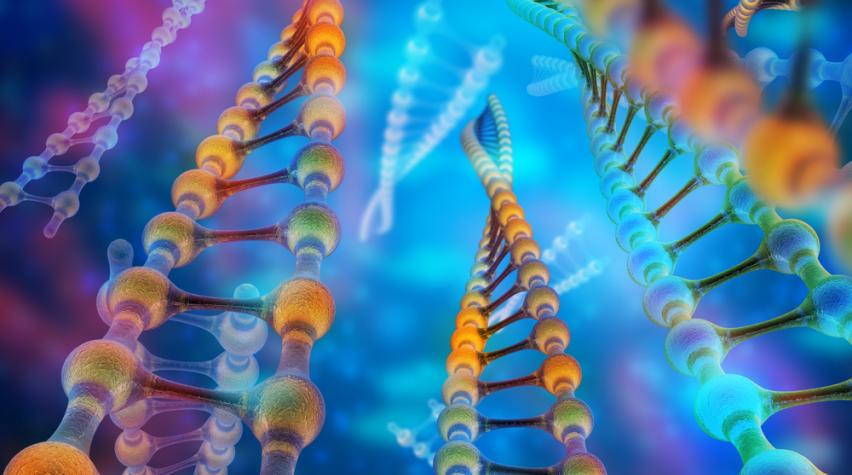
Cancer genetic research has overwhelmingly focused on the portion of the human genome that encodes protein, but researchers at the University of Pennsylvania have released a study that focuses on RNA and opens the doors to cancer research in this area.
The international team mined non-coding RNA sequences (IncRNAs) more fully to identify non-protein-coding segments whose expression is linked to 13 different types of cancer. The work sprang from initial work used in 2014 to identify targets for ovarian cancer.
Study co-leader Lin Zhang, MD, the Harry Fields Associate Professor of Obstetrics and Gynecology, expressed the importance of this work, saying, "With non-coding RNA sequences constituting almost three quarters of the human genome, there is a great need to characterize genomic, epigenetic, and other alterations of long non-coding segments. The present study fills this significant gap in cancer research."
Identifying cancer-associated IncRNAs
The team analyzed lncRNAs at transcriptional, genomic, and epigenetic levels in over 5,000 tumor specimens across the different cancer types obtained from The Cancer Genome Atlas (TCGA) and in 935 cancer cell lines from the Cancer Cell Line Encyclopedia (CCLE). They found that lncRNA alterations are highly tumor- and cell line-specific compared to protein-coding genes. In addition, lncRNA alterations are often associated with changes in epigenetic modifiers that act directly on gene expression.
The team also developed two bioinformatics-based platforms to identify cancer-associated lncRNAs and explore their biological functions. One is a searchable database that incorporates clinical information with lncRNA molecular alterations to generate "short lists" of candidate lncRNAs to study.
The second approach they developed -- predicting the biological function of lncRNAs --successfully identified a novel oncogenic lncRNA called BCAL8. They found that BCAL8, when overexpressed, works to promote the cell cycle, which controls cell division. This part of the study provided not only a proof of concept for their lncRNA search strategy, but also a customizable database for other investigators to look for lncRNAs of interest and investigate their function. This database is called the Cancer LncRNome Atlas and is administered by the Abramson Cancer Center at Penn.
To learn more, see the researchers' work published in Cancer Cell.


